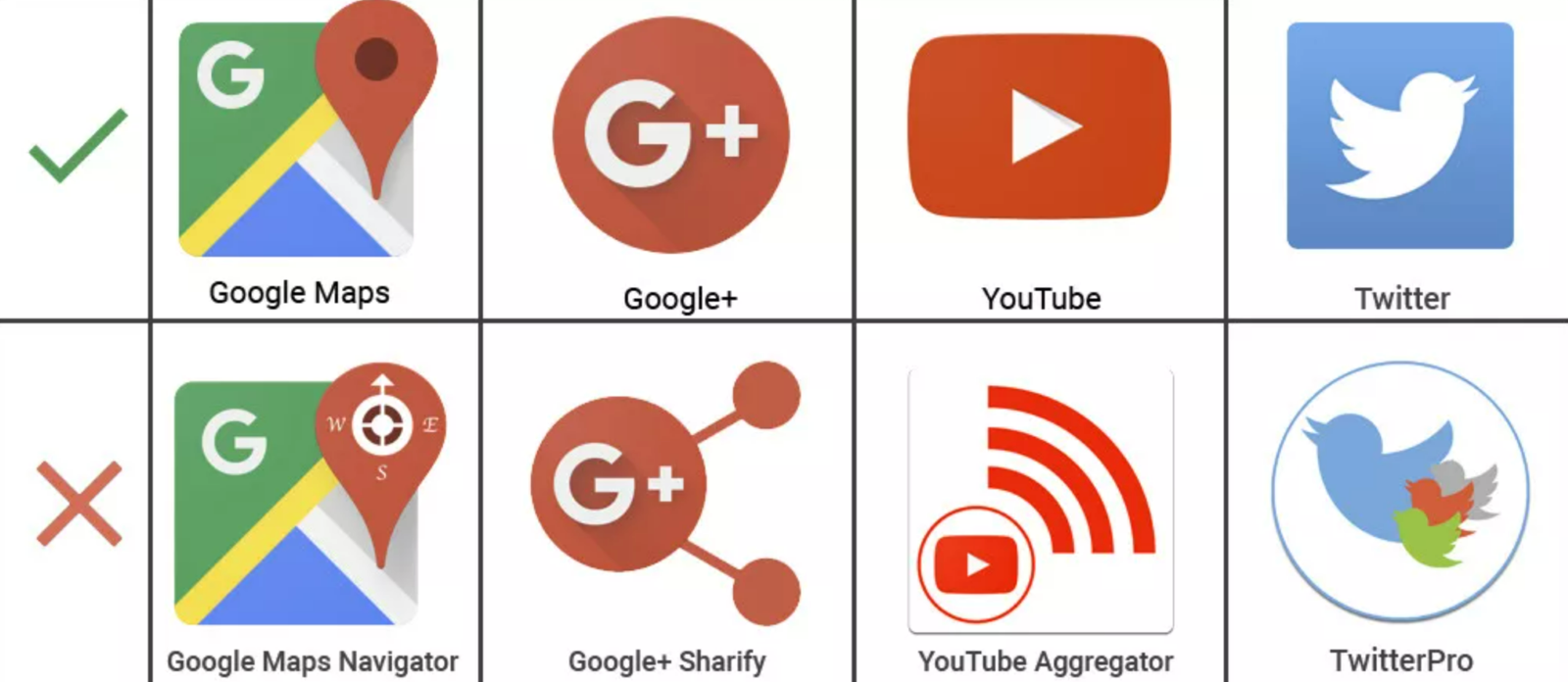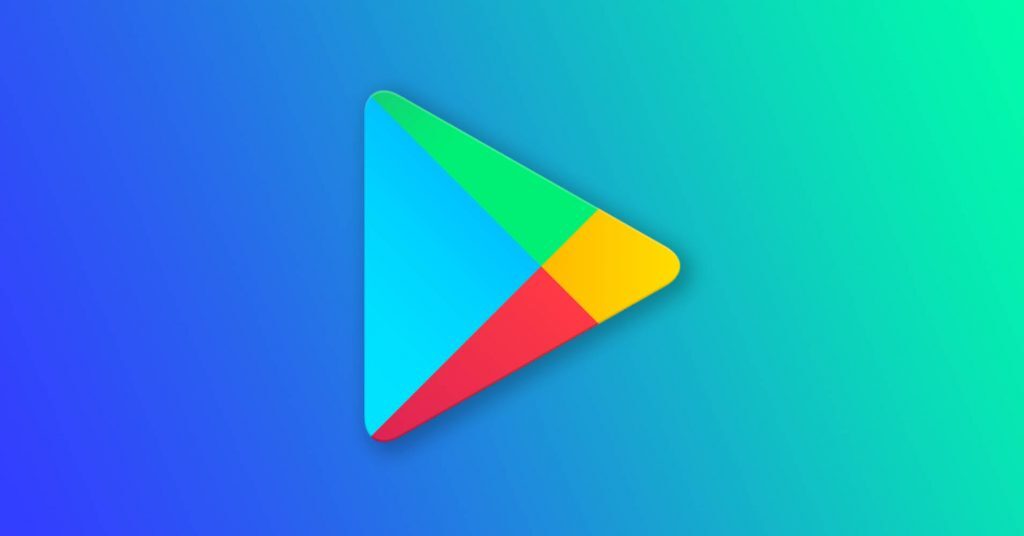If you’re an Android user, you’ve definitely encountered a knockoff app on the Google Play Store before (sorry Huawei users). Whether it’s a Clash of Clans rip-off, or ‘Google Maps Navigator’ – whatever that is – you’ve come across them. Well, that may not be the case for much longer. Google is making changes to its policies, fixing some of the major issues with the store.
Goodbye 30-second ads

In Google’s updated Developer Program Policy, we can see the changes coming to the store over the coming months. It’s tackling plenty of problems, like; misinformation, impersonation (copycat apps) and perhaps worst of all… 30-second in-game playable ads. The changes have been made to improve the overall experience users have on the app, in terms of safety and cleanliness.
The first change – coming into effect on 30 September – deals with subscription plans in apps. Google wants all apps to offer an easy way to cancel subscription plans from the app directly. This gives customers a simpler method of cancelling their subscriptions.
VPN apps won’t be happy with the changes hitting the store. VPNs will be blocked from using the “VPNService” class. This class is how VPNs earn ad revenue. The “VPNService” class tracks user data or re-routes traffic in order to earn money via the ads. After the change comes into effect on 31 August, the VPNs in question will stop earning ad money through Android users. Prepare for some price hikes, folks.
Read More: Google’s ChromeOS Flex wants to help resurrect that ageing laptop you’ve got tucked away
You will not be missed

Also coming into play on 30 September, Google is gunning down full-screen ads that can’t be closed after a 15-second time. There is an exception to the policy – ads that unlock specific rewards will still be functional in the 30-second format. And that’s okay. Those are specifically clicked on by the user, to get something return. ‘Unexpected interstitial ads’ are also being removed, which mainly plague free ad-riddled games across the Play Store.
‘Copycat’ apps are in big trouble too, though Google gives no mention of how it intends to deal with them all. An app is deemed to be impersonating another by having a similar logo, or a connection that implies it is the app it’s ripping off. These policies will also be brought in on 31 August, leaving the copycats enough time to change up their logos.
These changes seem to be for the good of the Google Play Store userbase. You love to see it.
Source: 9to5Google





1 Comment
Hi